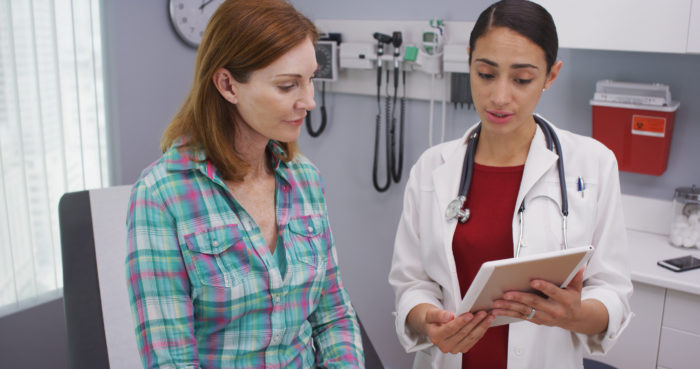Cancer Patients Want More Information on Rx Switches
January 18, 2022
In some cases, patients switch between using similar medications without thinking twice. Aspirin and ibuprofen, for example, are both over-the-counter medications for treating minor pain. But not every swap is as easy to understand.

Cancer patients facing a medication switch are less comfortable changing from a biologic to a biosimilar than their oncologists, according to new research. This finding is not all that surprising, though it underscores the need for ongoing education about biologics, drugs made from living cells or organisms, and their manufactured follow-on products, biosimilars.
While not identical, the two medications don’t have any clinically meaningful differences. Eight in 10 oncologists surveyed believe that their patents’ cancer would be treated “as effectively with a biosimilar rather than the reference drug.” Only four in 10 patients have the same faith.
Other findings include:
- Nearly half of patients, 44%, said they received more information about biosimilars from their own research than from their doctors.
- Most patients, 65%, want more time to ask questions about switching to a biosimilar.
- Just 42% said information about switching was provided in an easy-to-understand way.
The silver lining – the survey found that patients trust their doctors. And the oncologists indicated awareness of the confidence their patients place in them. It would seem, then, that health care providers have an opportunity to close this perception gap by slowing down and providing more education to patients about biosimilars and the benefits they offer.
Biologics, Biosimilars & Cancer Treatment
Nearly 1.8 million people in the United States were diagnosed with cancer in 2020. While that’s a lot of new diagnoses, treatment options are increasing, due in part to FDA’s approval of biosimilars. And with ongoing medical innovation, it’s just a matter of time before even more become available.
Regardless of which treatment they use, cancer patients need to understand the medications they are taking and to have confidence if they switch to a biosimilar. Sharing resources and improving awareness about biologics, biosimilars and why a switch between them may be in patients’ best interest is an unmet need that can’t be overstated.
More treatment options are always welcome, but patients need to remain in the know about their own treatment path. Their health care team can play a role by providing the needed information.
Tags: Biologics, Non-Medical Switching, OncologyCategorized in: Blog

